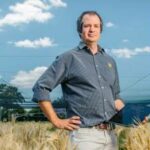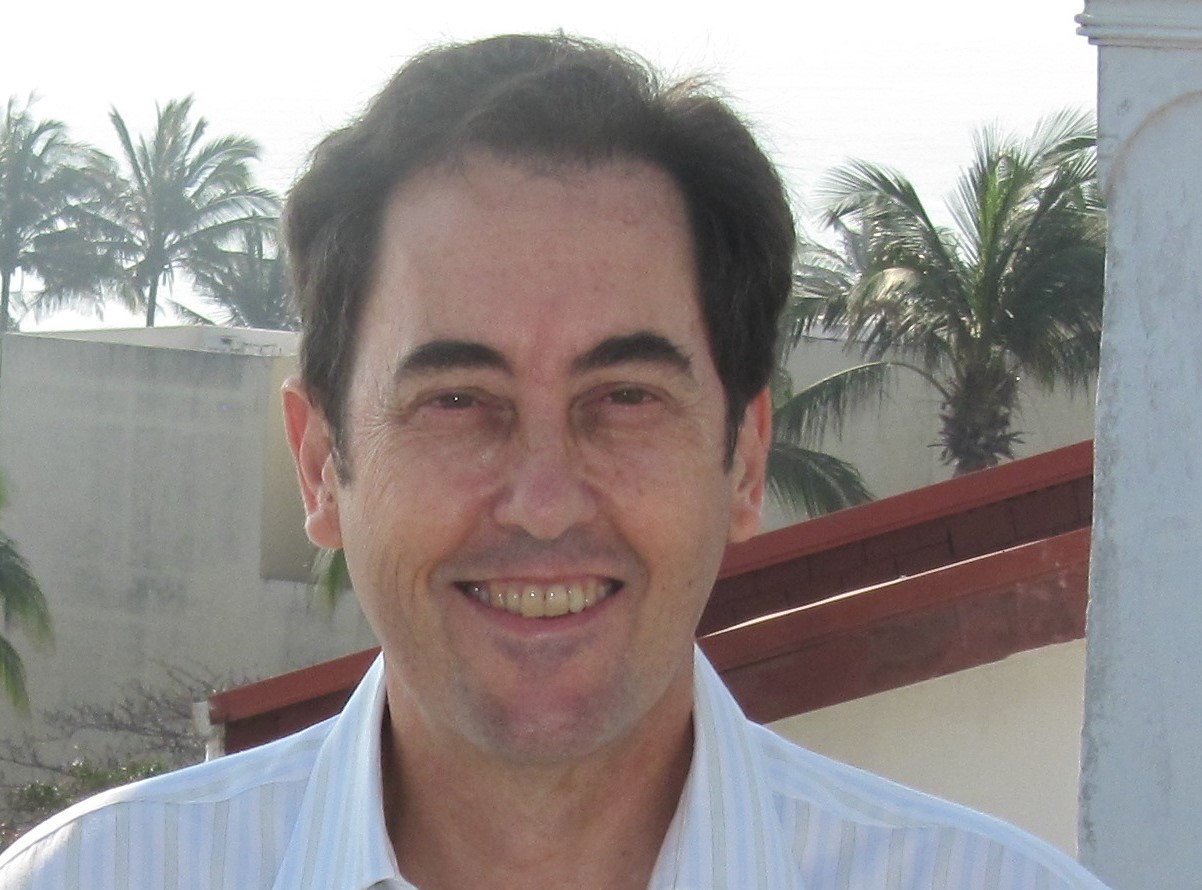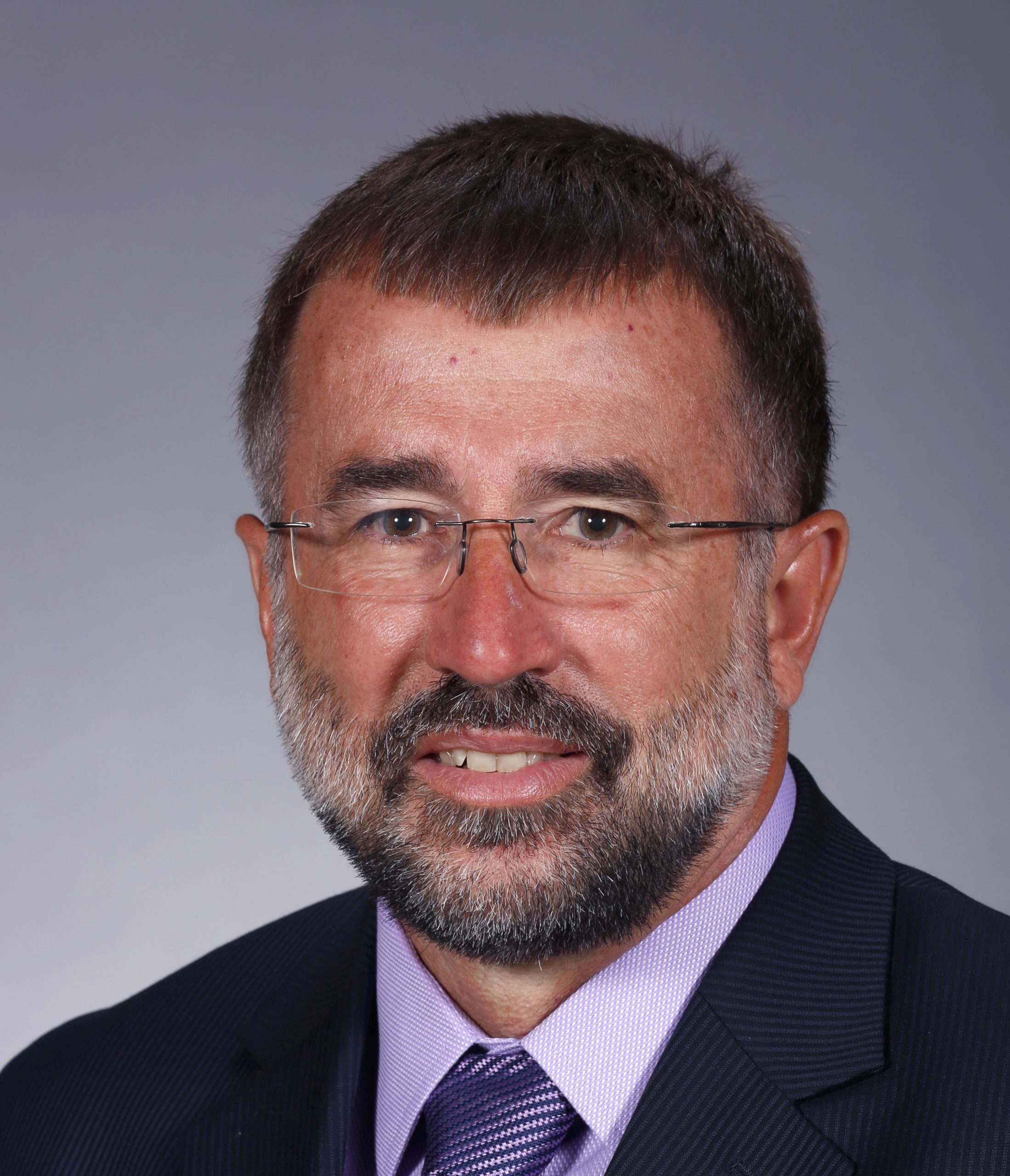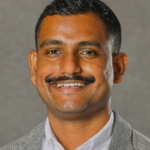Steering Committee
The Steering Committee is responsible for the overall strategic direction, management, operations and performance of the AI. The current Steering Committee representatives are:

Keith Pembleton
- Keith is a Professor in Agricultural Science at the University of Southern Queensland (USQ) in Toowoomba. He has a research background in the modelling and management of livestock and cropping systems. His current research focuses on using research focused models (like APSIM) within decision support tools and mobile phone apps for farmers and their advisors. He also uses APSIM within his teaching program at USQ to allow his students to efficiently explore complex concepts in agronomy.

Sarah Bromley
- Sarah Bromley (Former Chairperson) is a Business Manager for the NZ Institute of Plant & Food Research. In her role, Sarah manages effective industry-research relationships and provides project management and administration support for the Sustainable Production portfolio of Plant & Food Research.

Dave Houlbrooke
- Dr David John Houlbrooke holds a Bachelor of Science and a Master of Science (Hons) in Earth Sciences from the University of Waikato, as well as a PhD in Soil Science from Massey University. He currently serves as the Director – Research Capability at AgResearch, where he leads the organisation’s science capability, encompassing both personnel and science-based infrastructure and equipment across four Science Groups. Dave plays a critical role in advancing and managing the organisation’s research capabilities. Dave is past President the New Zealand Society of Soil Science and has actively researched in areas of soil physical quality and nutrient management including good management practices for land application of farm dairy effluents.

Scott Chapman
- Scott is a Professor of Crop Science and as an Affiliate Professor of QAAFI. Since 2020, with full-time appointment at UQ, my research portfolio has included multiple projects in applications of machine learning and artificial intelligence into the ag domain. This area is developing rapidly and across UQ, I am engaging with faculty in multiple schools (ITEE, Maths and Physics, Mining and Mech Engineering) as well as in the Research Computing Centre to develop new projects and training opportunities at the interface of field agriculture and these new digital analytics.

Peter Thorburn
- Dr Peter Thorburn an agricultural scientist with CSIRO with strong multidisciplinary interests in the dynamics of soil-plant interactions and a strong commitment to enhancing the sustainability of agricultural systems. With a background in soil science and plant physiology, his work focuses on developing and applying simulation models to understand soil and plant interactions in agricultural production systems, aiming to determine management systems that can reduce detrimental environmental impacts while, still continuing to produce significant economic and social outcomes in current and future climates. His research has won international awards and has had substantial policy impact.

Kendall Lamkey
- Kendall is the Professor and Chair of the Department of Agronomy at Iowa State University. He leads the department in education, research, and extension, setting priorities in collaboration with faculty. He works with the Associate Dean for Extension to guide outreach in crops, soils, and climatology. Kendall manages the departmental budget, faculty evaluations, hiring, and supports faculty, staff, and students. His research focuses on corn breeding and farming systems modeling. He is a fellow of the Crop Science Society of America and the American Society of Agronomy and chairs the APSIM Initiative Steering Committee. Previously, Dr. Lamkey served as Chair of the Department of Agronomy (2007-2023) and interim chair in 2006, where he led education, research, and extension efforts. His research focuses on corn breeding, quantitative genetics, and cropping systems models like APSIM.

Vino Rajandran
- Dr Vino Rajandran, is General Manager of Crop and Agri-Food Systems DAF and previous to that with Hort Innovation, where he led a team that managed research investments spanning biotechnology, crop production, genetics, and emerging technology. Vino has a strong background in agricultural science and genetics. He brings the experience of private and public research and development, the familiarity of the AgTech sector, and the confidence of research commercialisation. Vino holds a PhD in Genetics and a Bachelor of Agricultural Science (Honours), further underscoring his depth of knowledge and commitment to excellence. “I’m thrilled to be part of the DAF team that thrives on delivering innovative, practical solutions through smart science in collaboration with a range of partners,” Vino says. “Our research, development, and extension makes a real difference to Queensland by ensuring its valuable agricultural and food sectors are innovative, resilient, prosperous, and supported.”
